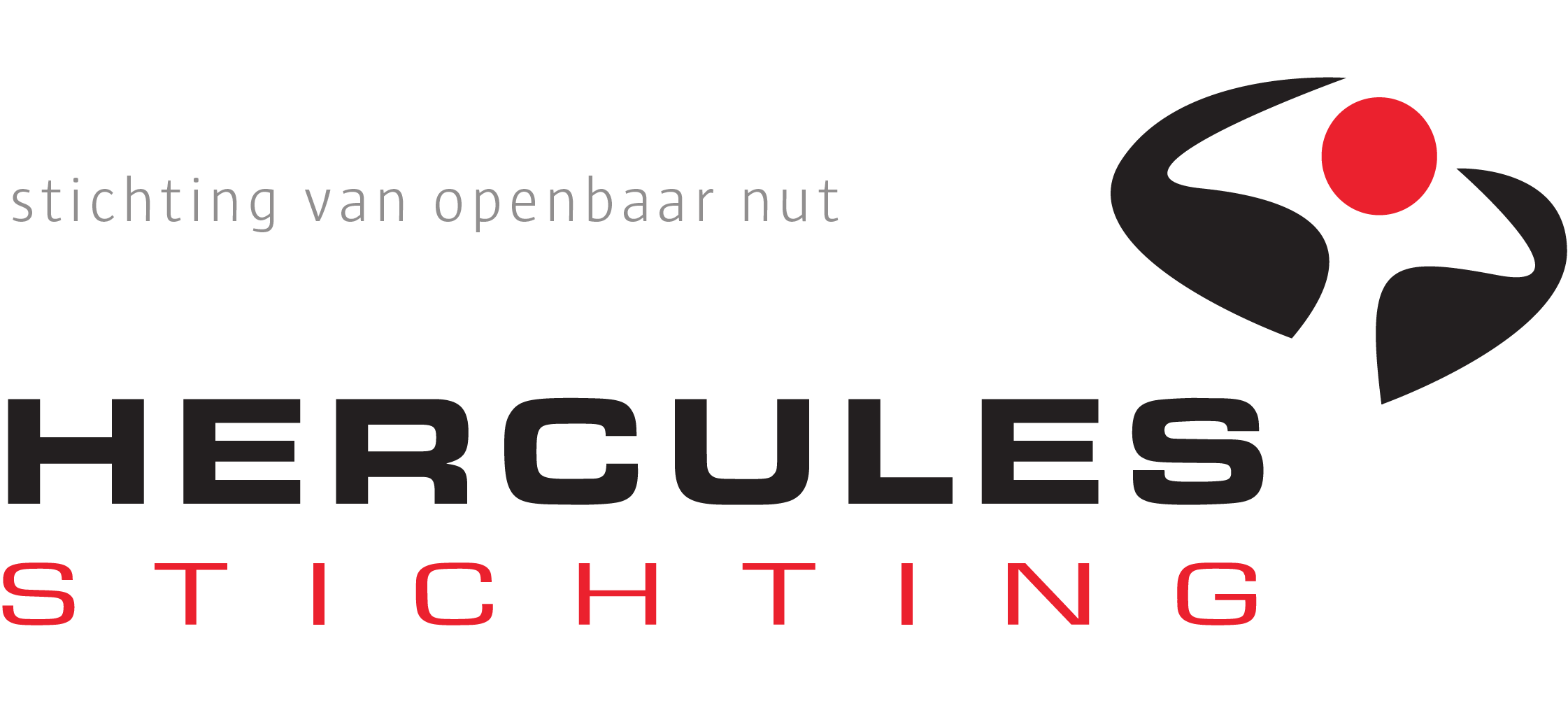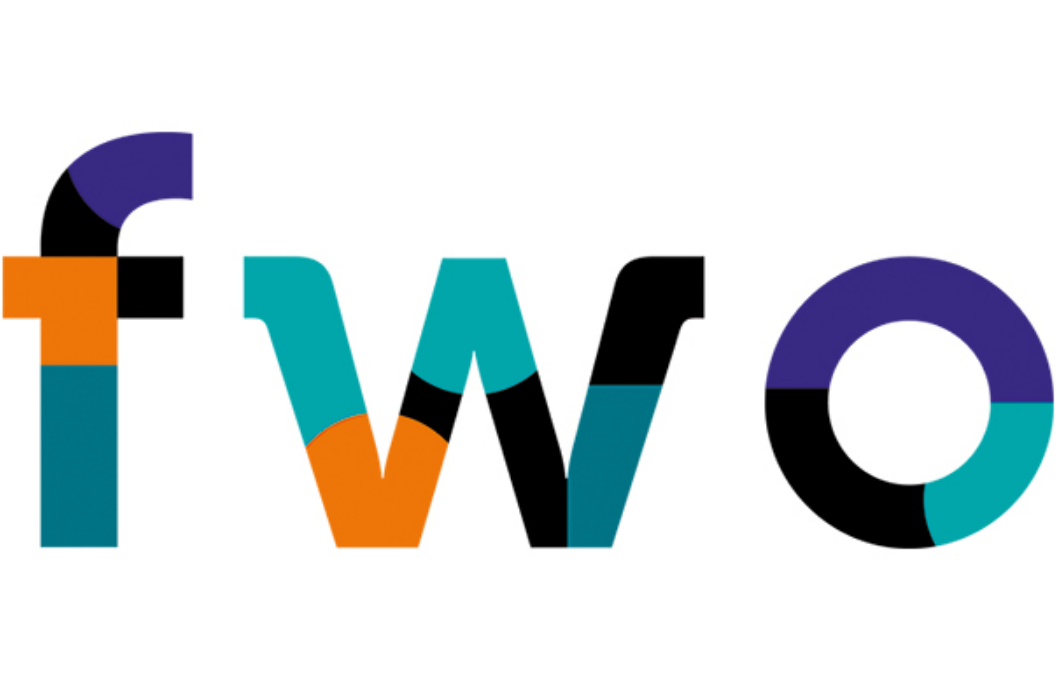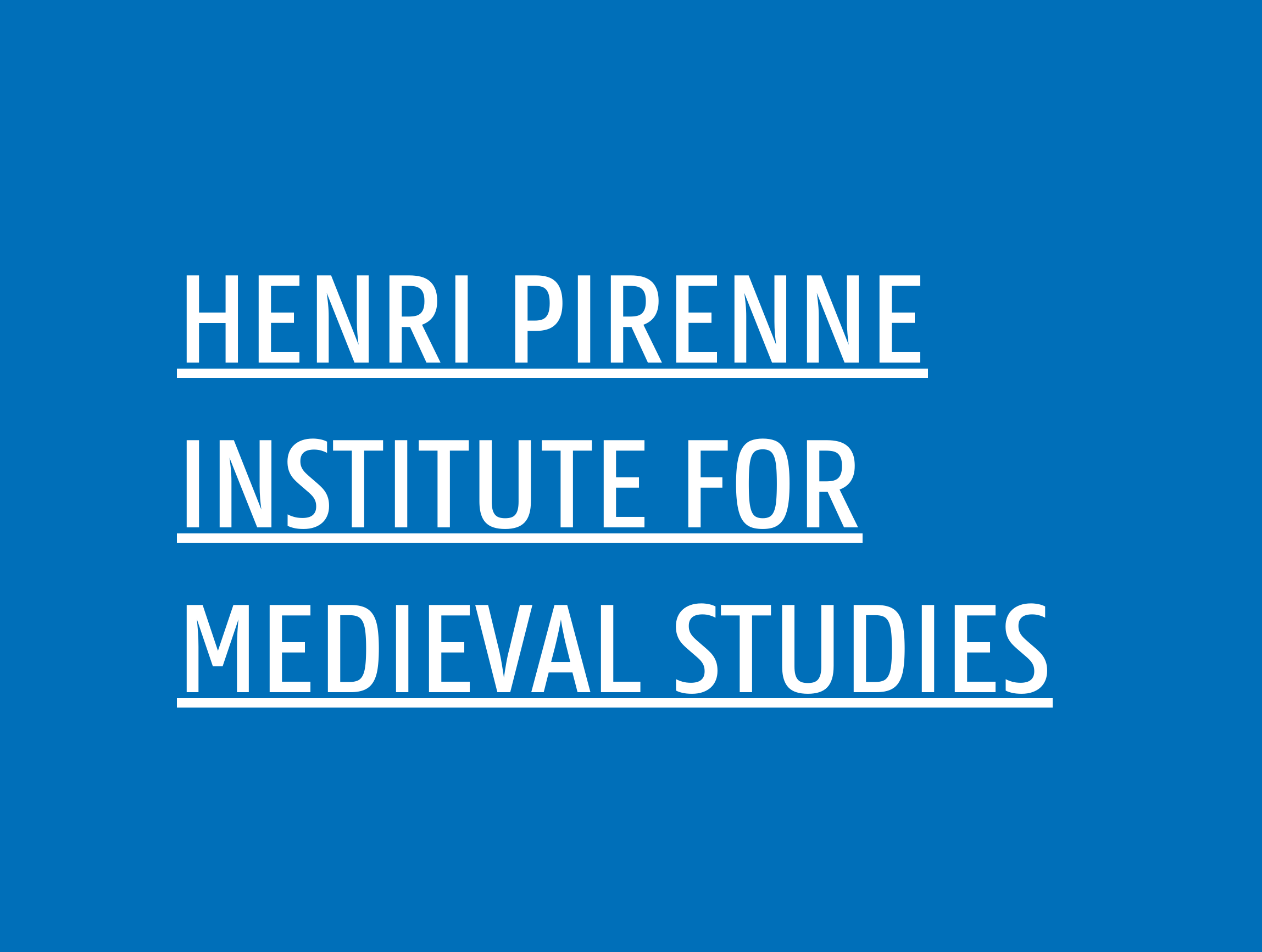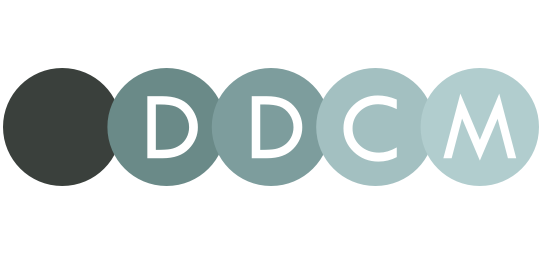Diplomata Belgica offers a critical survey of all the diplomatic sources, edited or still unpublished, and issued by both natural persons and legal bodies from the medieval Southern Low Countries. Diplomata Belgica covers present day Belgium as well as those areas which belonged historically to the Southern Low Countries but are part now of France (French Flanders, French Hainault), the Netherlands (parts of the provinces of Zeeland, Noord-Brabant, Limburg), the Grand Duchy of Luxembourg, or Germany (parts of the Rhineland). At this stage, Diplomata Belgica contains metadata about almost 35,000 charters and deeds in Latin, Old-French, Middle Dutch and Middle High German, almost 19,000 full text transcriptions and almost 5,000 photographs of original charters. The database aims at exhaustivity for the period before 1250 and will, in the future, also include late medieval diplomatic materials without striving after completeness.
The Diplomata Belgica-project originated in the mid-1980s, when the Belgian Royal Historical Commission proposed a complete and computerised revision of the well-known Table chronologique des chartes et diplômes imprimés concernant l’histoire de la Belgique. This heuristic instrument had been published in eleven volumes between 1866 and 1971 under the original editorship of Alphonse Wauters and provided textual analyses of all edited charters from before 1350. The project led to a close collaboration with the Comité nationale du dictionnaire du latin médiéval and with the former Cetedoc (Centre de Traitement électronique des Documents) at the University of Louvain-la-Neuve. In 1997 it resulted in the publication of the CD-Rom Thesaurus Diplomaticus, edited by Paul Tombeur, Philippe Demonty, Walter Prevenier and Marie-Paul Laviolette and distributed by Brepols Publishers. This CD-ROM offers an analytical survey of all diplomatic sources written (in Latin) between circa 640 and 1200.
After 1997, Philippe Demonty continued, as a contract researcher of the Royal Historical Commission, to collect new data in order to improve and to supplement the dataset covering the period 640-1200 and to extend the collection to the subsequent decades between 1200 and 1250. For the conception of a new data structure and for the development of a new relational database system, the Commission started a cooperation with a team of both medievalists and computer scientist at Ghent University in the framework of the project “Sources from the Medieval Low Countries”, directed by Jeroen Deploige and generously funded by the Hercules Foundation (2010-2014) and the Henri Pirenne Institute for Medieval Studies at Ghent University. Compared with the former Thesaurus Diplomaticus, Diplomata Belgica did not only become an open access database. It also offers a threefold of the original data and contains many new information fields and features such as extensive hyperlinking and geolocation. An inventory like Diplomata Belgica is never finished. Therefore, the database is published as a continuous work-in-progress: at any moment, new data can be added and the existing data adapted and thus kept up-to-date.





